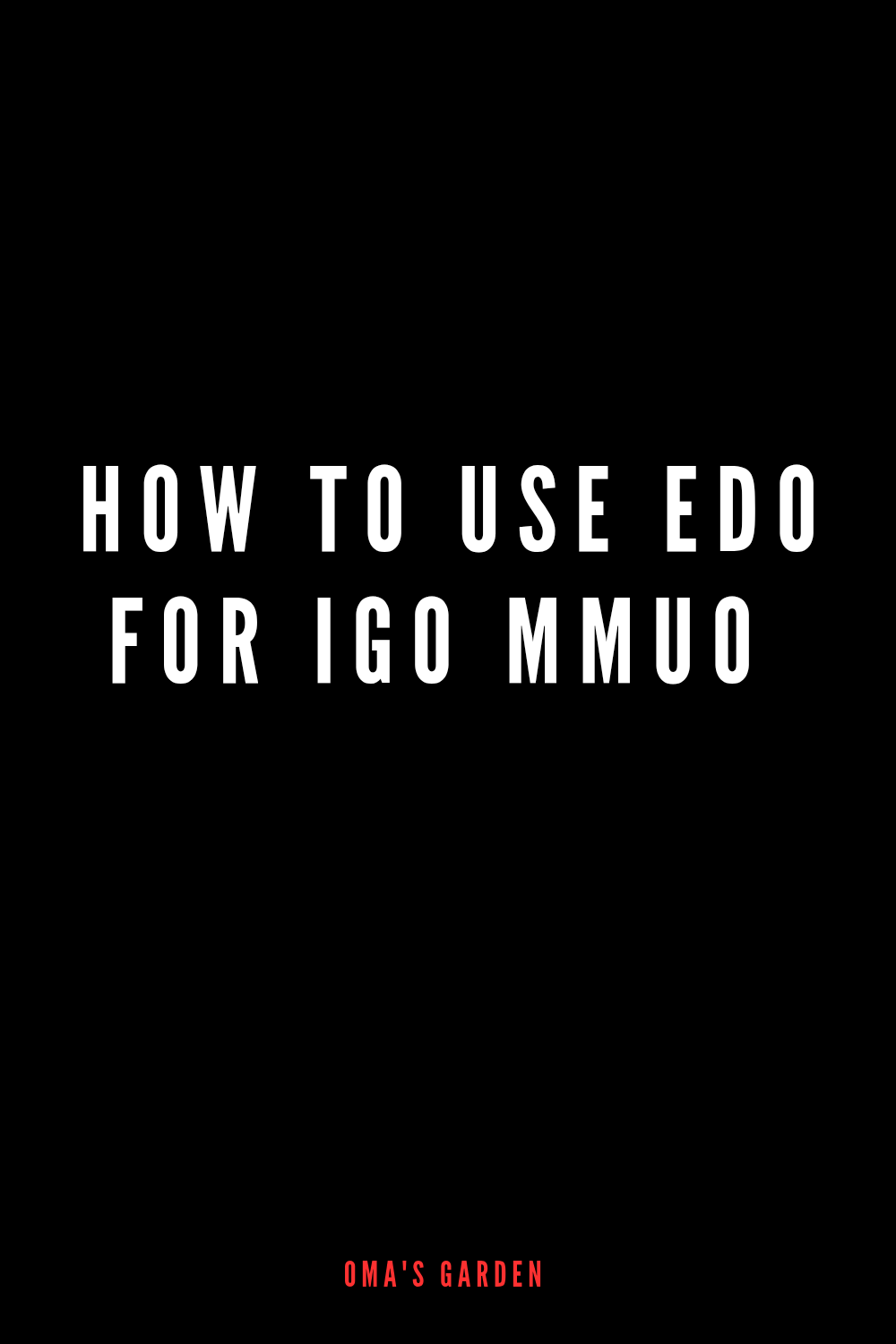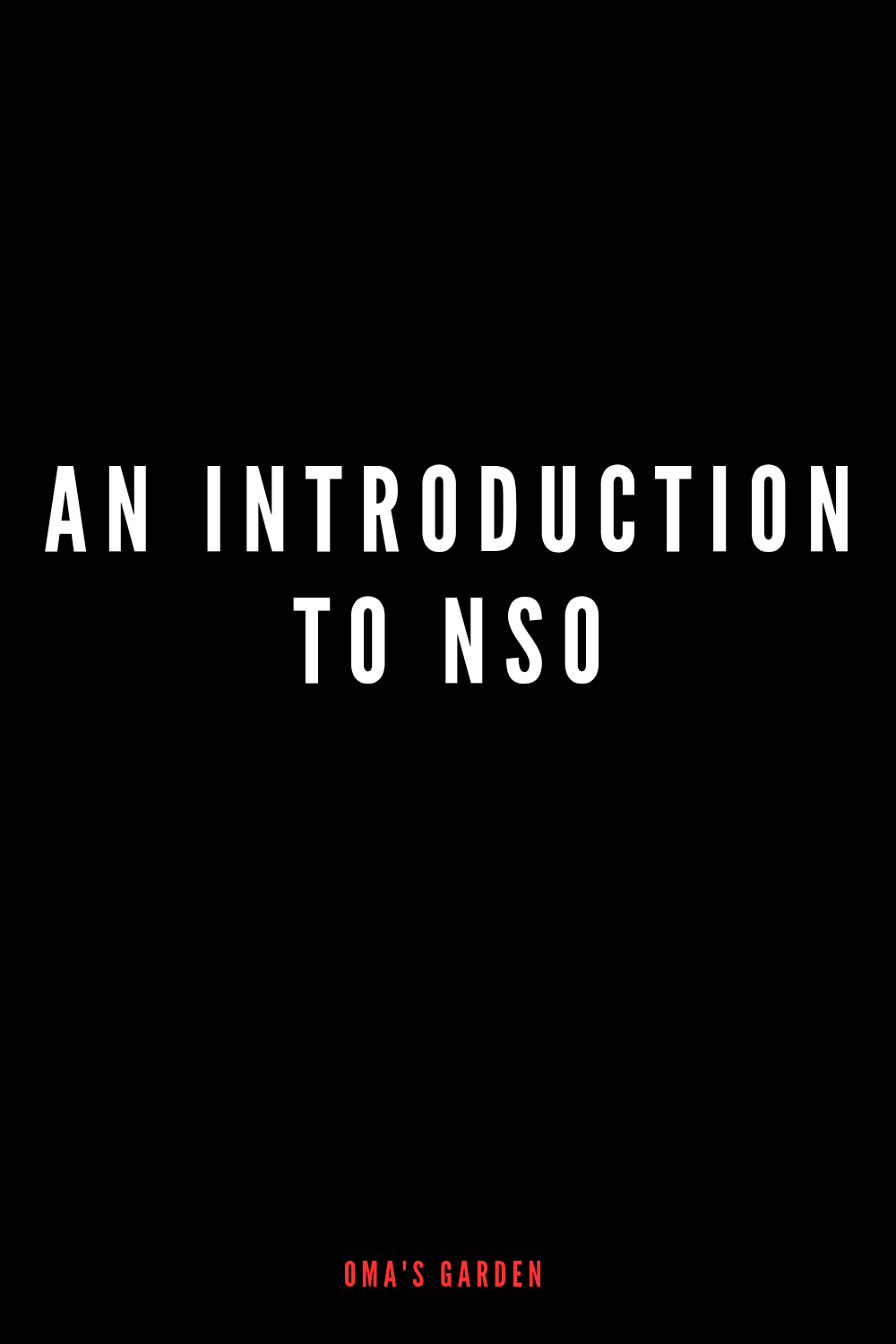Oma’s Odinani Mystery School
We’re migrating OMS content to Odinanimysteryschool.com. Existing Subscribers will receive transfer details soon!
Digital Access to Igbo Esoteric Knowledge!

Igo Mmuo (with Nzu) Script Template (ii)
Another simple introductory template which can serve as a script guide for beginners looking to use Nzu (sacred white chalk) for ancestral veneration or Igo Mmuo declarative rituals.

Igo Mmuo (with Nzu) Script Template (i)
A simple introductory template which can serve as a script guide for beginners looking to use Nzu (sacred white chalk) for ancestral veneration or Igo Mmuo declarative rituals.

The Circle with a Dot at the Center: A Symbol of Chi Energy in Igbo Cosmology
In the vast and intricate world of Igbo cosmology, symbols hold and carry deep meanings that convey immense spiritual truths. One such powerful symbol is the circled dot, which represents Chi energy—the divine spark, the spiritual essence of individuality, and the driving force of destiny in Igbo spirituality.

Menstruation Cycles and Their Spiritual Significance
Menstruation is a natural and vital aspect of a woman's life, deeply rooted in the cycles of nature (Ala) and the rhythms of the moon (Onwa). Beyond its biological function, menstruation has spiritual significance across various cultures and spiritual practices.

On Edo—The Sacred Powder of Mercy
In Odinani, various sacred substances play important roles in rituals and ceremonies. Among these is Edo—which can also be found as “Ufie” a red pigment made from the bark of the abosi tree (camwood, baphia nitida) or “Odo” a yellow pigment made from the bark of the okwukwo tree (terminalia superba), known for their potent spiritual properties.

How to Break Oji (Kolanut) & Use It for Igo Mmuo Ritual
Oji, or the kolanut, is one traditional tool that remains at the center of Igbo culture, particularly in spiritual practices like Igo Mmuo (prayer and veneration of spirits). Breaking the kolanut is a spiritual ritual that connects us with our ancestors, spirit guides, and the divine.

How to Use Edo (Red or Yellow Chalk) for Igo Mmuo
In Igbo spirituality, traditional items like Edo, which can be either red or yellow chalk or camwood, are powerful tools for spiritual communication and rituals. Using Edo in Igo Mmuo (spirit veneration) rituals is a way to connect with ancestors, deities, and other spiritual entities, asking for grace, guidance, protection, and blessings.

How to Use Nzu (Sacred White Chalk) for Igo Mmuo
Nzu, also known as white kaolin clay, holds a significant place in Igbo spirituality and traditional practices. It is revered for its deep spiritual significance in communication with ancestral spirits. Nzu is commonly used in rituals, prayers, and other sacred ceremonies to invoke blessings, purity, and protection.

How to Use Akilu (Bitter Kola) for Igo Mmuo
Akuilu or Akilu—Bitter kola, known for its effective spiritual and medicinal properties, is an important item that can be used in Igbo spiritual practices, especially in Igo Mmuo (spiritual veneration). This powerful fruit of nature is believed to open spiritual senses like sight or clear vision, cleanse negative energies, and bring about positive transformations.

How to Use Igbo Numerology for Divination
The true power of divination does not necessarily lie in the numbers themselves but in the diviner's ability to connect with divine intelligence and interpret the spiritual messages they convey. This post will guide you on how to use Igbo numerology for divination, emphasizing the key aspects and steps to perform effective readings.

Itenaani: What Does Number Nine Symbolize in Igbo Numerology?
In Igbo numerology, the number nine, Itenaani, (also referred to as Itolu, Iteghete, Asanno, or Iteginaa, depending on the dialect), is highly symbolic. It represents fulfillment, enlightenment, mystery, power, end/finity, consciousness, and infinite wisdom.

Asato: What Does Number Eight Symbolize in Igbo Numerology?
In Igbo numerology, the number eight, known as Asato or Isato, has symbolic meanings that encompass prosperity, infinite possibilities, ascension, cycles of life, new beginnings, mastery of spirit and matter, and divine grace.

Asaa: What Does Number Seven Symbolize in Igbo Numerology?
In Igbo numerology, the number seven, known as Asaa or Isaa, carries deep symbolic meanings that encompass completion, spiritual cycles, rest, beauty, excellence, authority, and mystical knowledge.

Isii: What Does Number Six Symbolize in Igbo Numerology?
In Igbo numerology, the number six, known as Isii or Ishii, holds significant symbolic meanings that encompass leadership, family, fruitfulness, fertility, victory, wealth, and purpose.

Ise: What Does Number Five Symbolize in Igbo Numerology?
In Igbo numerology, the number five, known as Ise, is a symbol of manifestation, movement, sight, foresight, divine intelligence, communication, and commitment.

Ano: What Does Number Four Symbolize in Igbo Numerology?
In Igbo numerology, the number four, known as Ano or Ino, is a symbol that represents unity, crossroads, foundation, destiny, the divine feminine, divination, and the presence of the divine.

Ato: What Does Number Three Symbolize in Igbo Numerology?
In Igbo numerology, the number three, known as Ato or Ito, holds significant symbolic meanings that represents Ikenga energy; action, mastery, creativity, stability, authority, maturity, and the masculine force.

Abuo: What Does Number Two Symbolize in Igbo Numerology?
In Igbo numerology, the number two, known as Abuo (also referred to Ibuo, Aboo, or Iboo, depending on the dialect) represents duality, being, advancement, balance, clarity, feminine force, and authority.

Ofu: What Does Number One Symbolize in Igbo Numerology?
In Igbo numerology, the number one, known as Ofu (also referred to as Otu, Ovu, Nge, or Oli depending on the dialect), represents unity, independence, responsibility, the masculine principle, destiny, honesty, and source energy.

An Introduction to Nso (Personal and Communal Taboos) in Odinani
Nso are sacred prohibitions or taboos that govern behavior and practices within the Igbo community. They are considered inviolable rules set by the ancestors and the divine forces to ensure order and harmony.